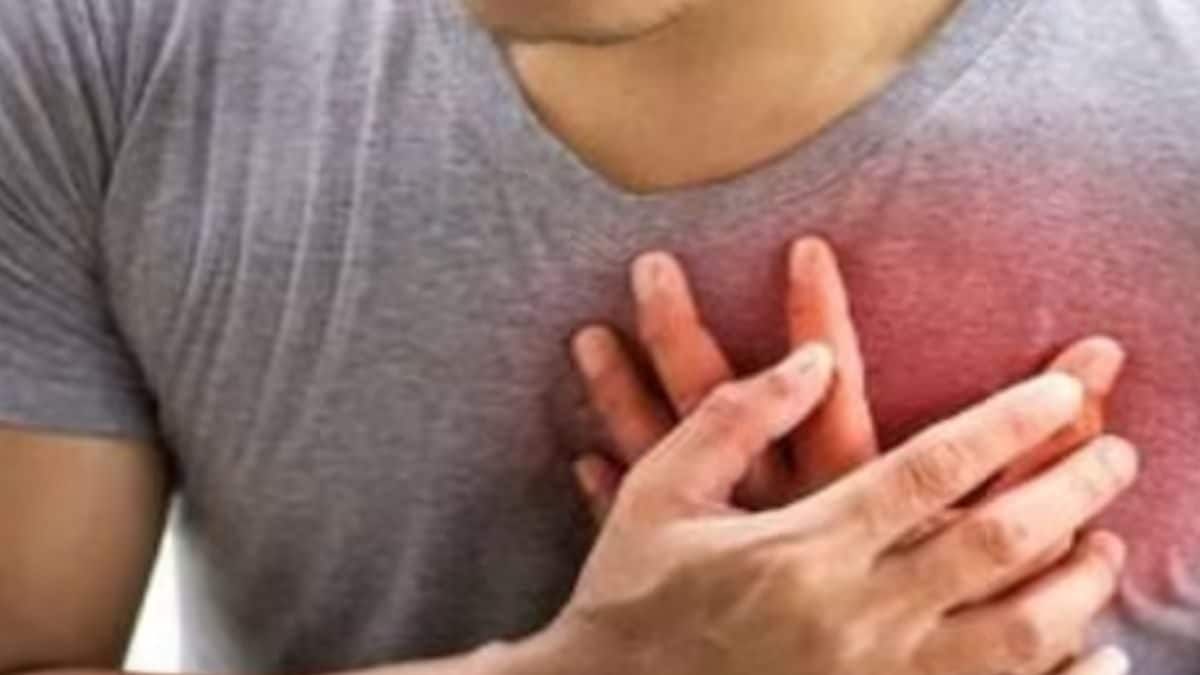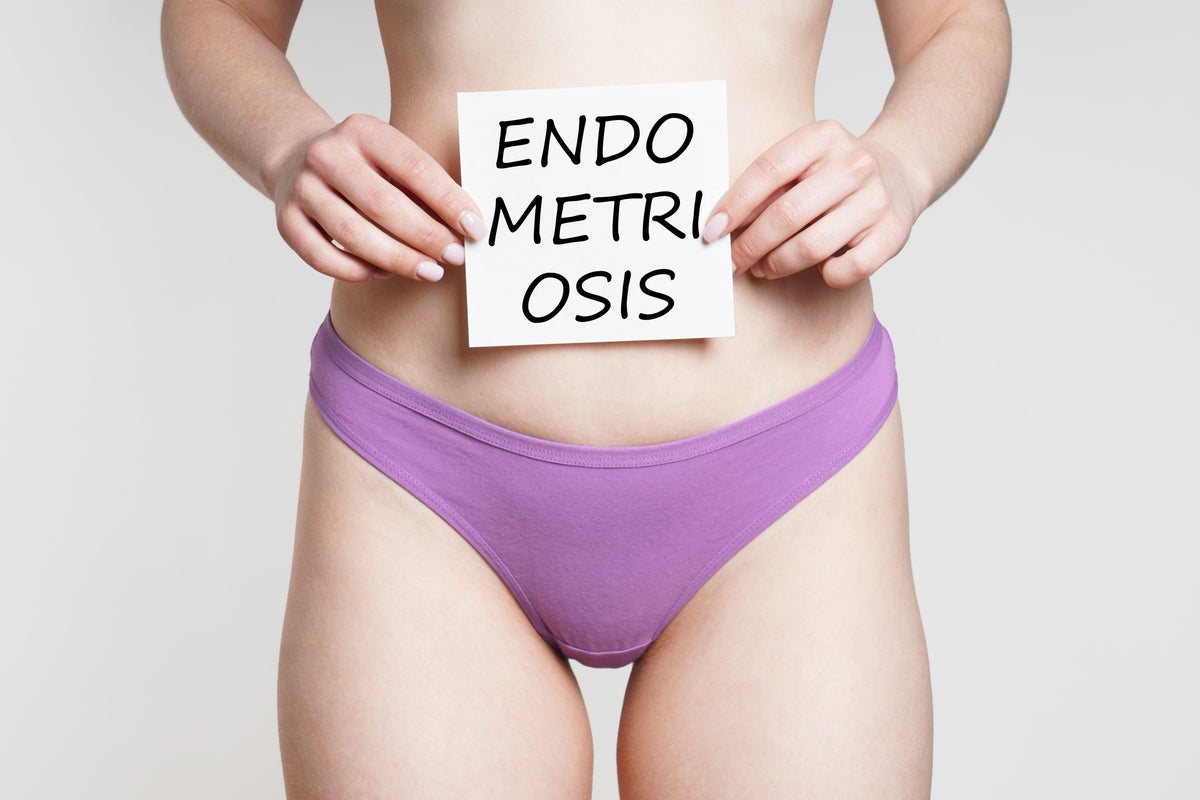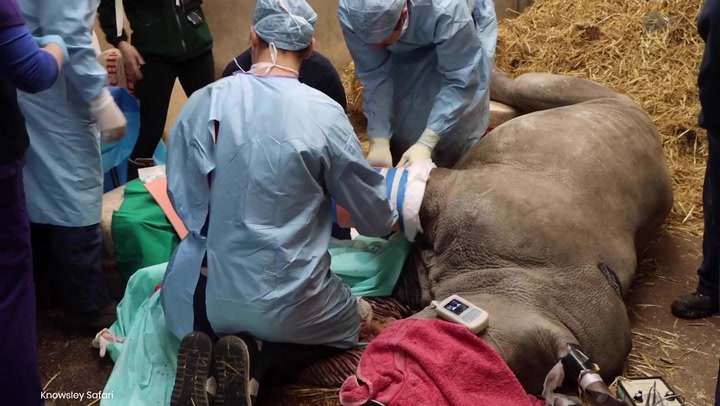Prevent heart attacks by staying warm during the winter.
While a heart attack involves a circulatory problem, cardiac arrest is an electrical problem, emphasizing the critical distinction between the two cardiovascular emergencies.
We often wonder what the difference is between a heart attack and cardiac arrest and often confuse the two. For the unversed and confused, a heart attack occurs when blood flow to a part of the heart is blocked, often due to a blood clot, damaging the heart muscle. On the other hand, cardiac arrest is a sudden and unexpected loss of heart function, in which the heart stops beating completely. While a heart attack involves a circulatory problem, cardiac arrest is an electrical problem, emphasizing the critical distinction between the two cardiovascular emergencies.
Dr Anand Pandey, Senior Director of Cardiology, Max Hospital, Vaishali, says: “A heart attack occurs when there is a blockage in one or more arteries, causing sudden damage to the heart muscle. On the other hand, cardiac arrest is characterized by the sudden cessation of cardiac function, where the heart stops completely. “It is important to note that a heart attack can sometimes lead to cardiac arrest, although they are different events.”
Dr. Sameer Gupta, Senior Interventional Cardiologist, Group Director – Cardiac Cath Lab, Director – Metro Group of Hospitals, Noida, explains further: “A heart attack, also known as myocardial infarction, is a condition in which one or more coronary arteries become blocked. reduce or stop blood flow to a portion of the heart muscle. On the other hand, cardiac arrest occurs when the heart stops beating unexpectedly, preventing blood supply to the brain and other essential organs.”
While ventricular fibrillation or ventricular tachycardia, which disrupt the heart's normal rhythm and impair its ability to pump blood, are frequently the cause of cardiac arrest, heart attacks are usually caused by the buildup of plaque (atherosclerosis). ) in the coronary arteries, which can rupture. and form a blood clot, blocking blood flow.
Symptoms
The two conditions also have different symptoms. “Shortness of breath, nausea, dizziness, and pain or discomfort in the arms, back, neck, jaw, or stomach are signs of a heart attack. Abrupt loss of consciousness, lack of pulse, and cessation of breathing are among the signs and symptoms of cardiac arrest,” shares Dr. Gupta.
During a heart attack, there may be continuous chest pain, and with timely medical intervention, such as primary angioplasty, the patient may survive. “However, in cardiac arrest, there is no electrical activity in the heart, making it a life-threatening emergency,” warns Dr. Pandey.
Tips to maintain a healthy heart
Dr. Gupta shares tips for optimal heart health:
- Know and recognize the warning signsIf you experience symptoms such as palpitations, shortness of breath, chest discomfort, or abrupt loss of consciousness, you should be aware of the warning signs of a heart attack or cardiac arrest and seek immediate medical assistance.
- Maintain a healthy lifestyleEat a well-balanced diet rich in whole grains, fruits, vegetables, lean meats, and healthy fats. Reduce your intake of added sugars, cholesterol, trans fats, saturated fats and sodium. Refrain from smoking and drink in moderation. Strive for regular physical activity, such as flexibility, strength, and aerobic conditioning.
- keep a healthy weightA balanced diet and frequent exercise will help you achieve and maintain a healthy weight. Visit a dietitian for personalized guidance on managing your weight.
- Manage and control stressEngage in activities or hobbies that encourage relaxation, deep breathing exercises, yoga, meditation, and other stress-reducing strategies. Stay connected with friends, family or other social groups.
- Frequent checkupsMake routine appointments for diabetes, cholesterol, and blood pressure screenings and also monitor these checks yourself periodically at home.
- Management of chronic and recurring conditionsControl diabetes, high blood pressure, and high cholesterol with food, exercise, medications, and routine checkups.
- Be careful with prolonged periods of sitting, as sedentary behavior can contribute to heart problems.
- Prioritize getting enough sleep each night to support overall health and heart function.
- Limit your consumption of junk food and opt for a balanced diet rich in fruits, vegetables, lean proteins and whole grains.
- Choose low-fat dairy products to reduce saturated fat intake and support heart health.













